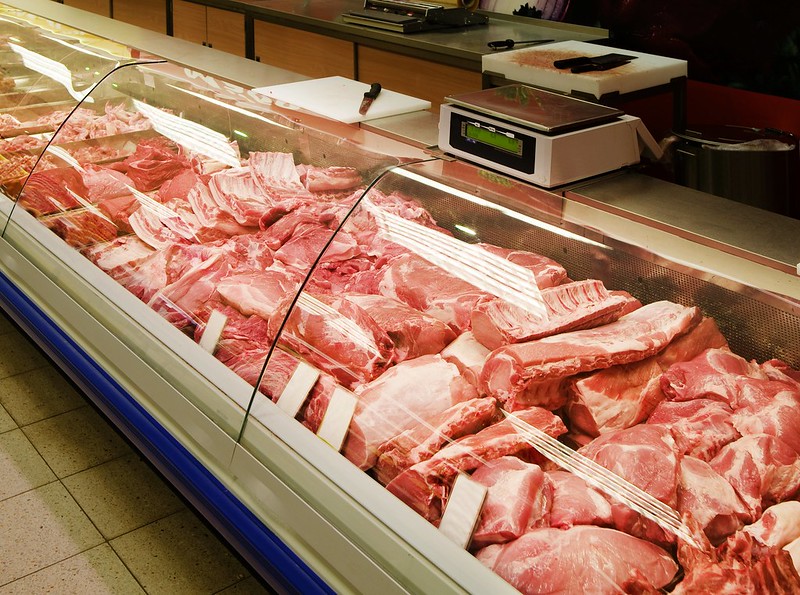



Argentine farmers consider grains strike over beef export cap
Argentina’s farming associations are discussing a potential grains trade strike to protest extended limits on beef exports, ramping up tensions with the government over the restrictions.
Reuters learned of the potential action from industry leaders on 1 September.

The South American country, the world’s top exporter of processed soy and a major producer of corn and wheat, this week extended a strict cap on shipments of beef until the end of October, stoking tensions with agricultural producers.
“Our intention is to seek that the protest is extended to all agricultural production, which will clearly require stronger organization,” Jorge Chemes, the head of the major Argentine Rural Confederations (CRA), told Reuters on Wednesday.
“Producers are very uncomfortable with the situation,” he added, saying that the farm bodies would look to include a halt to grains sales as well as cattle trading, which was brought to a standstill in protests earlier in the year.
Carlos Achetoni, president of the Argentine Agrarian Federation (FAA), another of the main farm organizations, confirmed to Reuters that the sector was debating strike action that would affect the trade of grains.
“The possibility of joining with different sectors is being looked at, not just in meat,” he said.
Argentina’s government is seeking to tamp down meat prices amid runaway inflation, with the cost of beef up almost 40% in the first seven months of the year in the country, which has one of the world’s highest levels of beef consumption per capita.

Center-left Peronist President Alberto Fernandez is also looking to bolster his party’s image with voters just over a week away from primary elections ahead of important midterm ballots at the end of the year.
Rural leaders said members would gather in the next few days to define the scope and date of protest measures, although both Chemes and Achetoni said any action would likely take place after the 12 September primary.
Argentina is the world’s fifth largest exporter of beef and an important seller to China. Industry bodies have said the sector has suffered millions of dollars in lost exports due to the measures, handing market share to rival producers.
The restrictions “are removing predictability from the producer and are creating an environment of mistrust in which farmers don’t want to invest,” Chemes said.
Read more about this story here.
Source: Reuters


